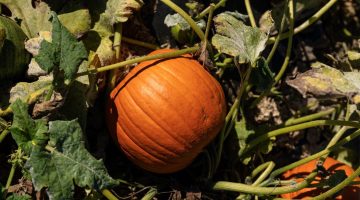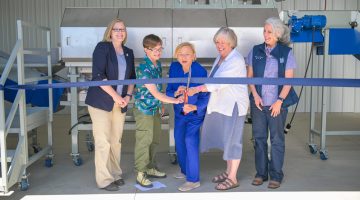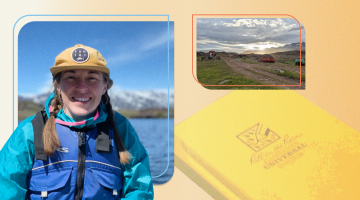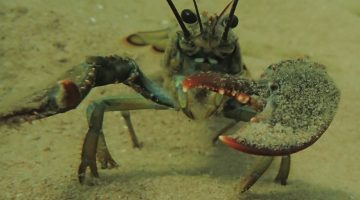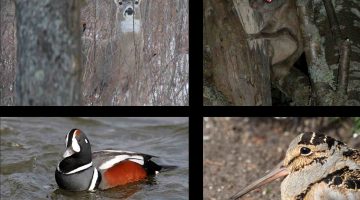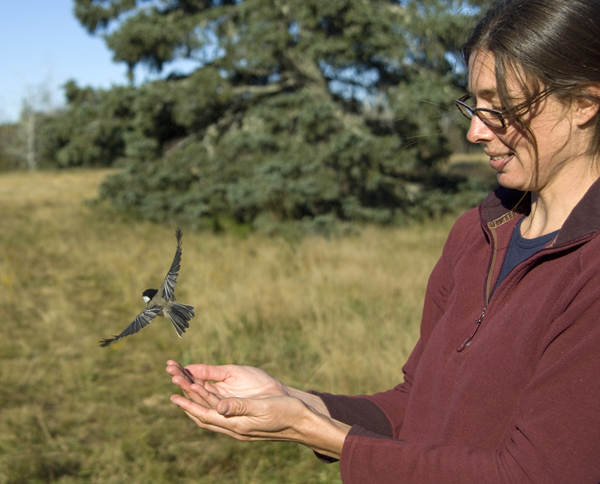Eddie Nachamie wins prestigious scholarship
From the gardens to the farms and forests, Eddie Nachamie has dedicated his undergraduate career toward protecting the environment. At the University of Maine, he has worked on projects to reduce food waste, preserve wild blueberries and mitigate the spread of a group of chemicals known as PFAS. As a result of his efforts, Nachamie […]
Read more

